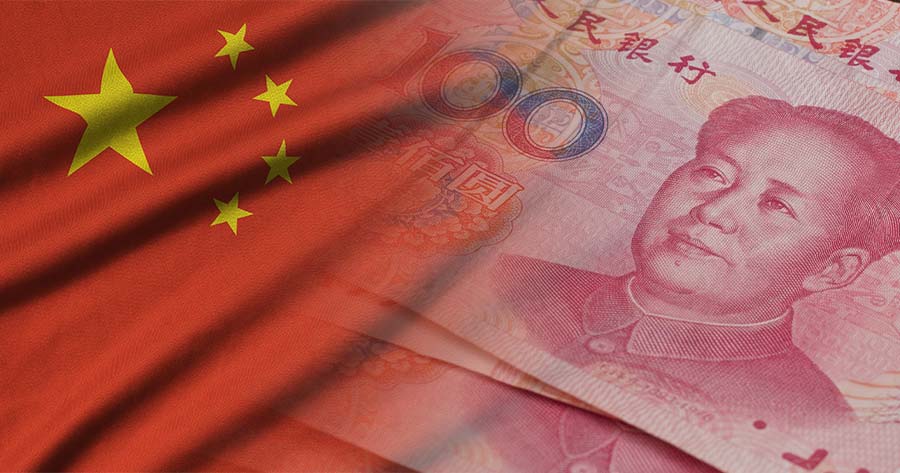China’s government just announced a one-time cash allowance for individuals in extreme poverty, following a series of stimulus measures by the central bank aimed at bolstering the economy.
The Ministry of Civil Affairs revealed that the subsidy would be offered to those categorized as “extremely poor people, orphans, and other needy individuals” as part of the 75th anniversary of the founding of New China.
The distribution of the subsidies is set to take place before China’s National Day on October 1, demonstrating the government’s commitment to addressing the needs of vulnerable populations. However, the details of the allowance have not been mentioned.
Shaun Rein, the founder of China Market Research Group, highlighted President Xi Jinping’s focus on promoting common prosperity and equity in underserved regions through initiatives like the living subsidies.
With approximately 40.4 million individuals in China benefiting from subsistence allowances as of November, the average monthly subsidy ranged from 779 yuan ($110.80) for urban dwellers to 615 yuan for those in rural areas.
Meanwhile, despite President Xi Jinping’s endorsement of common prosperity, the quick rollout of one-time cash handouts marks a shift away from traditional approaches.
Unlike other governments that provided cash subsidies during the Covid pandemic, China refrained from such measures, opting to focus on stimulating economic activity through alternative means.
China’s economy has been significantly impacted by a slew of poor economic indicators, with a growing number of Chinese individuals choosing to save rather than spend, resulting in lackluster consumption and retail sales figures.





